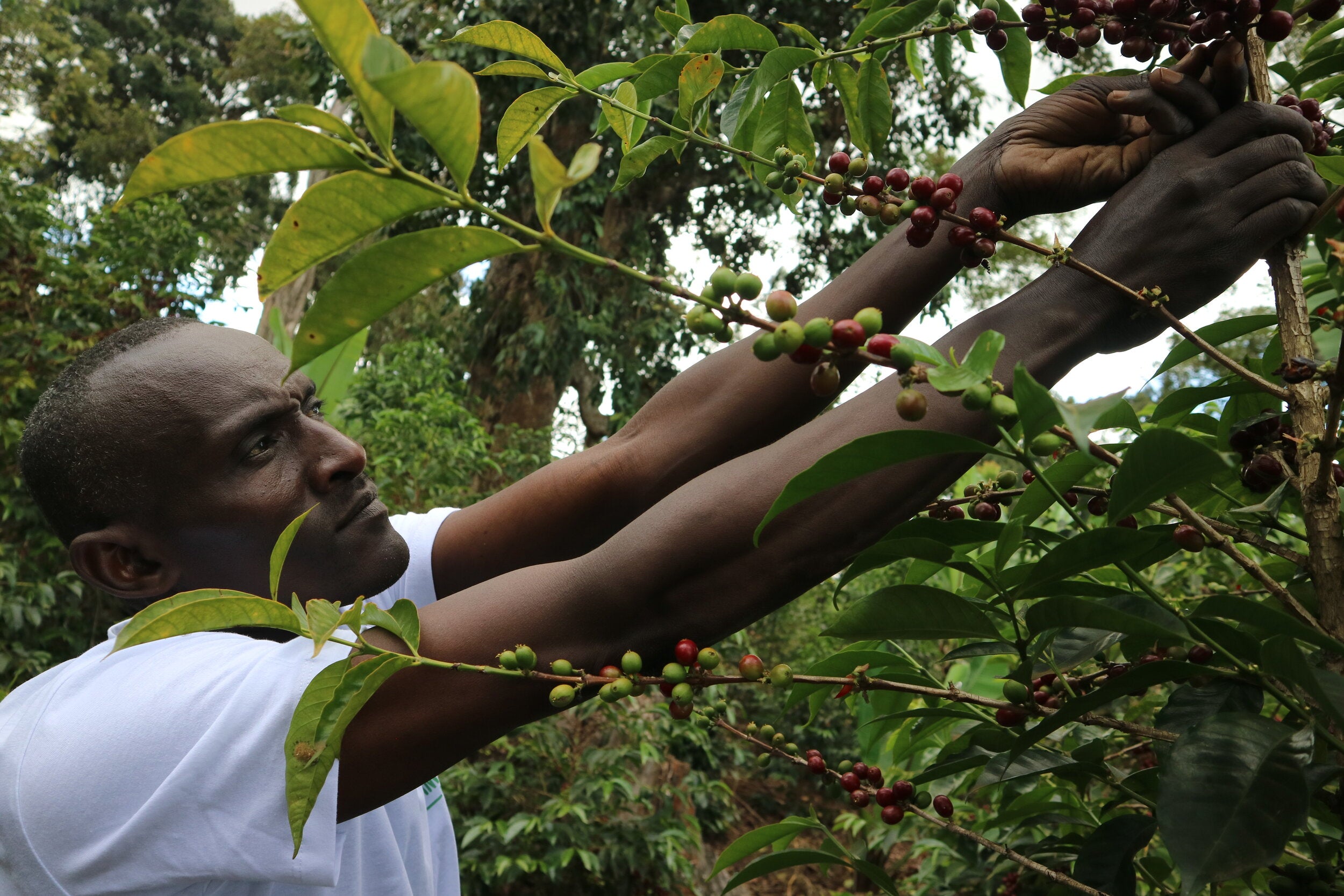
The Story of Coffee
Without coffee, it’s possible we would still be stuck in the dark ages. Interestingly enough, the popularity of coffee coincides with the end of the dark ages, a time of intellectual darkness from 500-1500. But thanks to the introduction of coffee, everyone began to see the light.
The birthplace of coffee is Ethiopia. There’s a legend passed down from generation to generation that a goat herder, Kaldi, and his goats were the ones first responsible for discovering coffee. Merchants eventually took those stimulating dried coffee cherries to the port of Mocha in Yemen, and then up the Red Sea to Mecca. It was there, in Mecca, that the first coffee house was built in 1511—but the coffee was nothing like what we drink today. It was a boiled infusion of the dried coffee fruit, later referred to as the wine of Arabia. Not long after that, the religious Sufis of Yemen began roasting the seed, grinding it, and brewing it, which led to an amazing discovery—black coffee! Coffee consumption then spread through the Muslim culture in the horn of Africa.
When the Ottoman Empire took over Egypt, coffee shops began popping up outside of Arabia. In 1555, two Syrian merchants, Hakim and Shams, opened the first coffee house in Constantinople (now Istanbul). Within ten years, over 600 coffee houses were opened throughout the city! Those early coffee shops, absent of religion or alcohol but full of caffeine, promoted socialization and intellectual pursuit. Leaders at the time were suspicious of the effects coffee houses were having on society, and thus started a prohibition effort to stop them. But, the people spoke loud and clear in defiance, and coffee was here to stay.
In the western world, coffee’s epicenter was Oxford. In 1651, a Lebanese Jewish man, Jacob, opened the first coffee shop called Angel Inn. The concept soon took off, and they became hubs for debating, learning, and critical thinking. Before coffee was around, beer was consumed from sunup to sundown, due to a lack of sanitation. So, when coffee was introduced, the caffeine invigorated the common man and brought him out of his stupor. It wasn’t long before more people followed suit. The Royal Society began in these coffee houses, and Isaac Newton was elected lead chairman in 1672. It can be said that coffee quite literally fueled the age of Enlightenment.
Since then, coffee has come a long way. It’s now a widely accepted natural psychotropic drug (caffeine), used as a way to wake us up in the morning, fuel our workouts, accompany our long drives, and give us an extra boost when we need it. A few years ago, modern coffee shops began to flourish and terms like “cappuccino”, “pour over”, and “espresso” are now embedded into our everyday life.
Today, we’ve moved into the age of specialty coffee, where roasters and coffee farmers are pushing the limits of quality coffee. Specialty coffee focuses on quality and the amount of flavor, sweetness, body, acidity, and aftertaste experienced in the brewed beverage. It’s an endless pursuit, and every harvest season comes with its challenges since we’re dealing with a fruit connected to the ecosystem. But, that’s why we always say Responsibly Sourced, Remarkably Roasted. In order to roast the best coffee possible, we must know where it’s coming from and that our farmers are receiving a fair price to invest in their farms for next year. It’s hard work, but we’re glad to do it. And we’re even happier to share it with you, so that our coffee can bring some light into your life, just like it did for intellectuals, scientists, artists and dreamers many centuries ago.

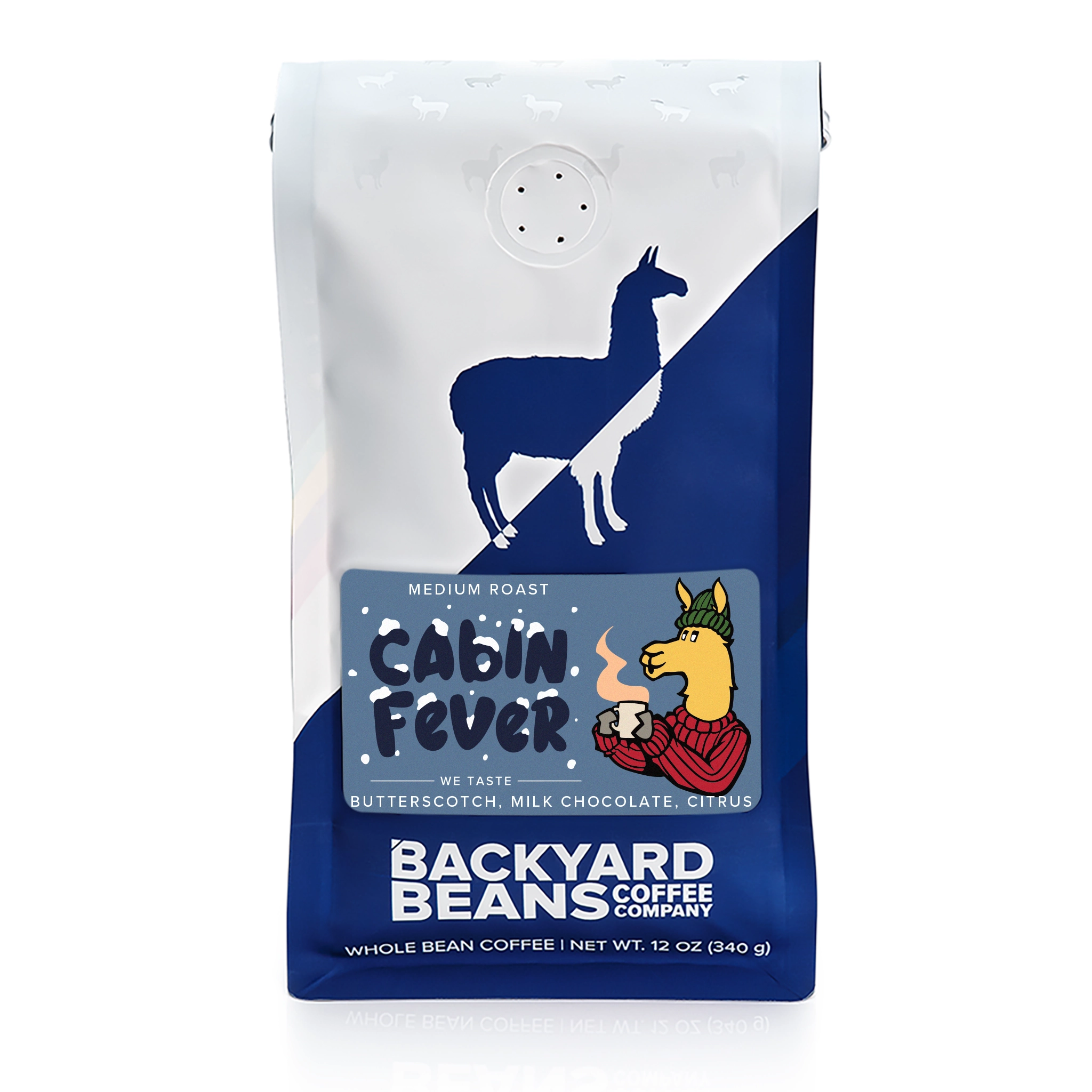
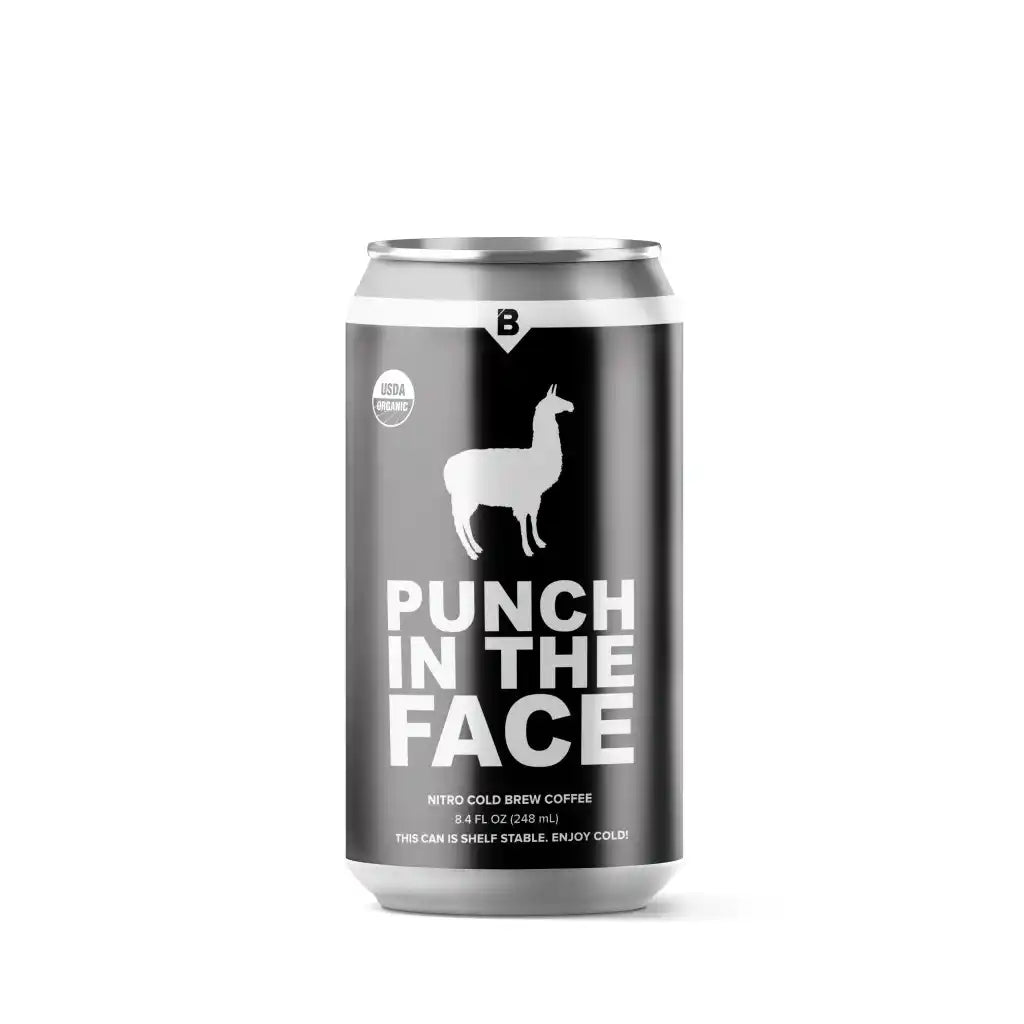
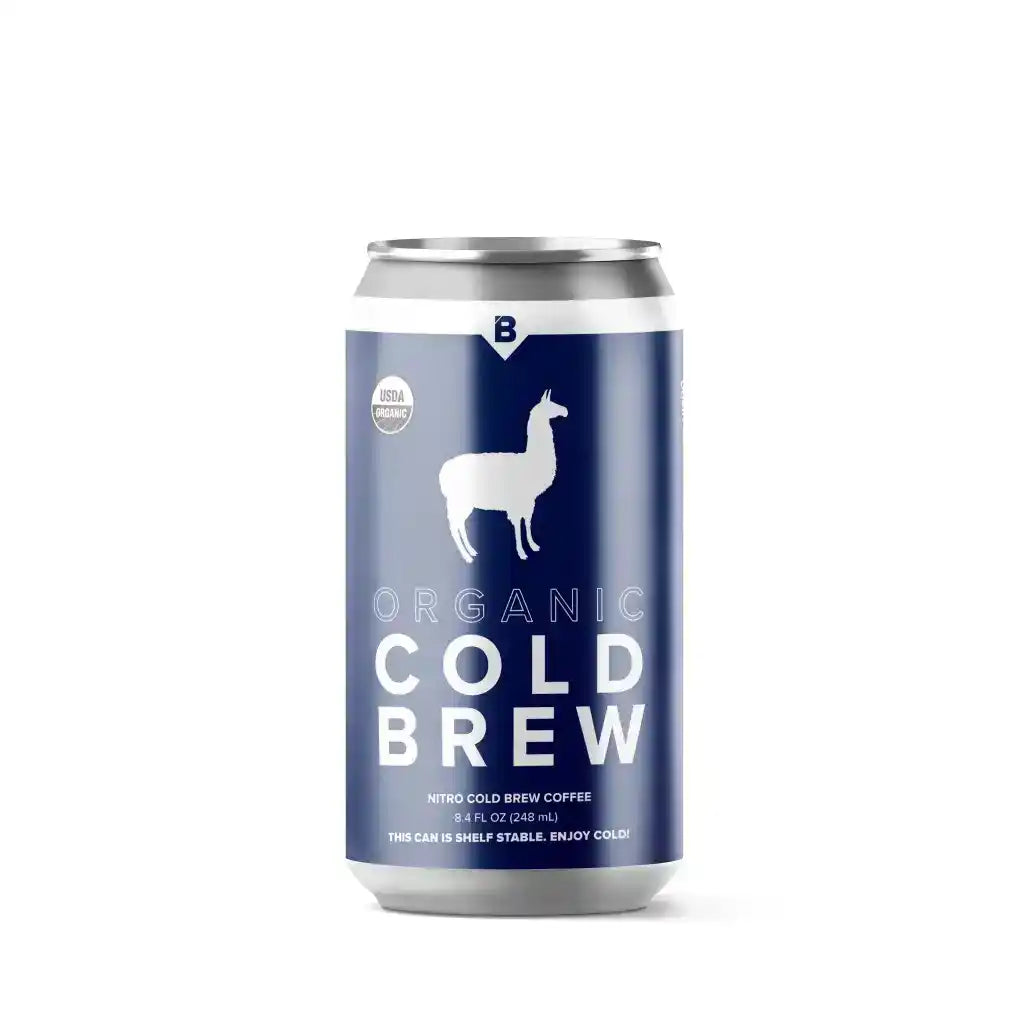
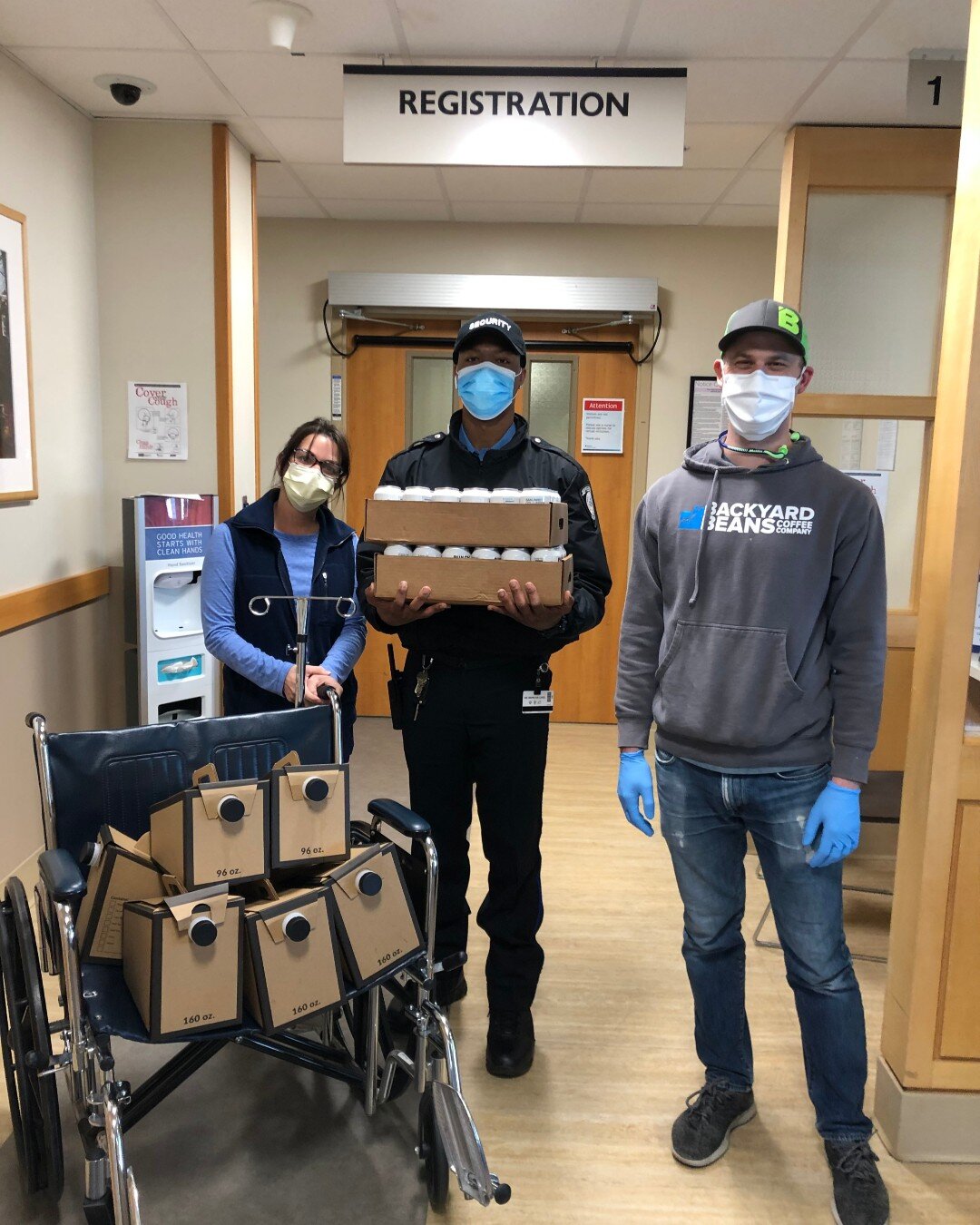
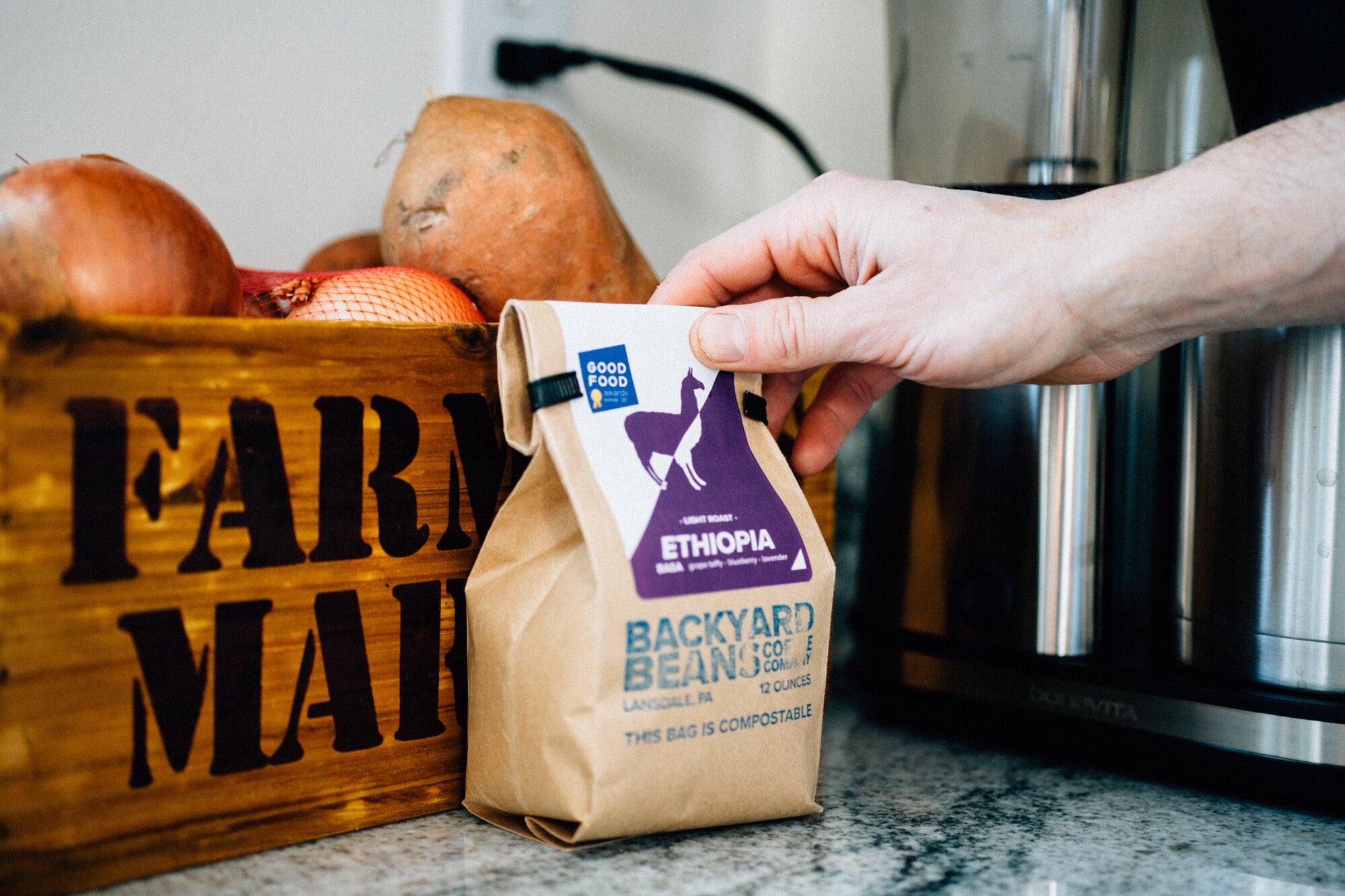
Leave a comment
This site is protected by hCaptcha and the hCaptcha Privacy Policy and Terms of Service apply.